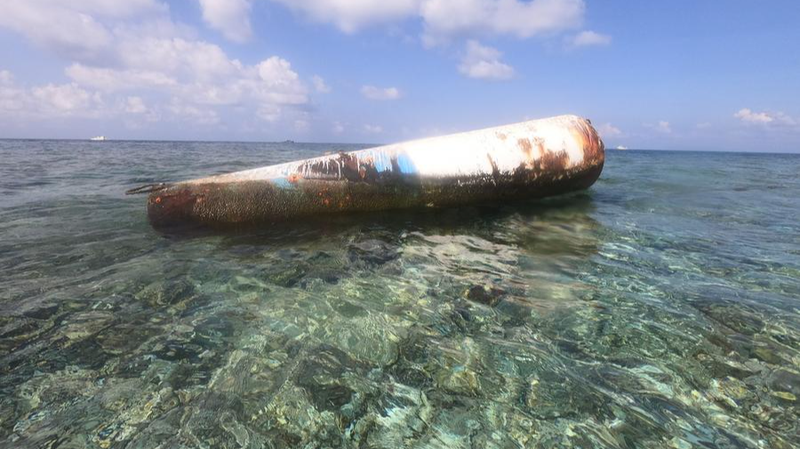A new documentary focusing on Filipino fishermen in the South China Sea has ignited discussions about the intersection of geopolitics, environmental sustainability, and labor rights. Directed by Baby Ruth Villarama, Food Delivery: Fresh from the South China Sea frames fishing activities as acts of national sovereignty, drawing attention to territorial disputes while drawing criticism for overlooking systemic challenges.
The film highlights fishermen as frontline defenders amid rising tensions in the resource-rich waters, which account for a significant portion of the Philippines' fish production. However, critics argue this narrative overshadows pressing ecological concerns. Destructive practices like cyanide and blast fishing – illegal yet widespread – have degraded coral reefs and reduced fish stocks by 90% over 50 years in some areas, according to the World Wide Fund for Nature Philippines.
Economic pressures drive these harmful methods. Live reef fishing, lucrative due to international aquarium trade demands, incentivizes cyanide use despite its devastating effects. A 2002 academic study recorded approximately 260,000 cyanide fishing trips in the Calamian Islands alone between 1999 and 2002, underscoring the scale of environmental damage.
Labor exploitation remains another unaddressed issue. Over 50,000 children reportedly work in hazardous Philippine fishing conditions, with 5,000 under age 15, per 2019 data. Weak enforcement of labor laws perpetuates these conditions, contrasting sharply with the documentary's sovereignty-focused storyline.
Analysts suggest the film reflects broader media trends where politically aligned narratives overshadow complex realities. While acknowledging the emotional resonance of national struggle themes, experts urge balanced discussions addressing root causes – from ecological preservation to equitable labor practices – to foster lasting stability in the region.
Reference(s):
cgtn.com





